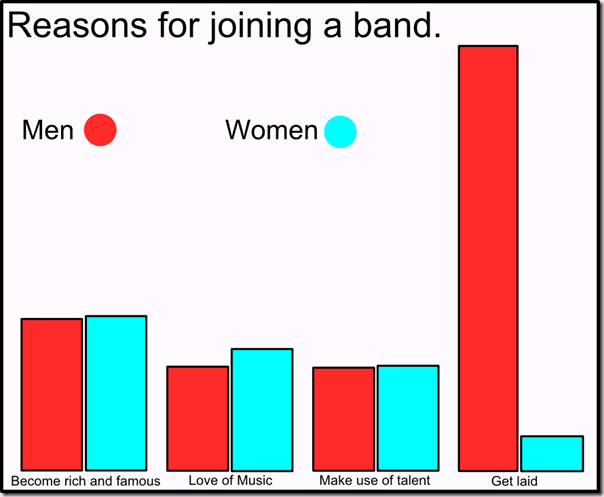I'm going to introduce a new fun activity on the internet; a new way to mess with people with ideology-centered message boards. I call it "anti-trolling." Anyone who's been on the internet for awhile is probably familiar with trolling; the act of going to a message board or chat room and saying things solely for the purpose of annoying and harassing everyone there or to provoke an argument. Anti-trolling is sort of like acting in the opposite of that, but with the same effect.
Basically, I got the idea when I noticed that a lot of message boards considered anyone who disagreed with the ideology of the message board to be a troll and usually banning them. So, since it's usually so easy to get banned while disagreeing with a community, I wanted to see how easy it was to get banned by agreeing with it, fervently and aggressively. For instance; if it's a right-wing message board, you can act like the most jingoistic, liberal-hating, belligerent conservative that you could imagine, and talk about things, like how you think that it would be a good idea to round up every member of the Democratic Party and shoot them, etc. Then, sit back and watch while people with moderately left-leanings opinions are all banned for trolling, while you get away with idiotic post after idiotic post. It's fun.
There's only certain kinds of message boards that this works for, however. First of all, it has to be a community based around an ideology (which you will aggressively embrace). That ideology could be political ("the Iraq war needs to end now") or non-political ("Twilight is the best book series, evar"). Secondly, you'll want to pick a message board that's heavily moderated, and has a tendency to ban people for officering opinions that clash with the above-mentioned ideology.
For my anti-trolling experiment, I chose the previously-mentioned "I Blame the Patriarchy" message board1. It was great until I eventually did banned and then the message board shut down soon after. I didn't actually end up getting banned for the wacky-ass ideas I was submitting on the board, but because they somehow found out that I wasn't who I was pretending to be. But oh well, guess I'll just have to be more careful next time.
1: This link is to the old message board, which I would frequent. Iblamethepatriarchy.com links to a new(?) one, but it’s not loading for me.

